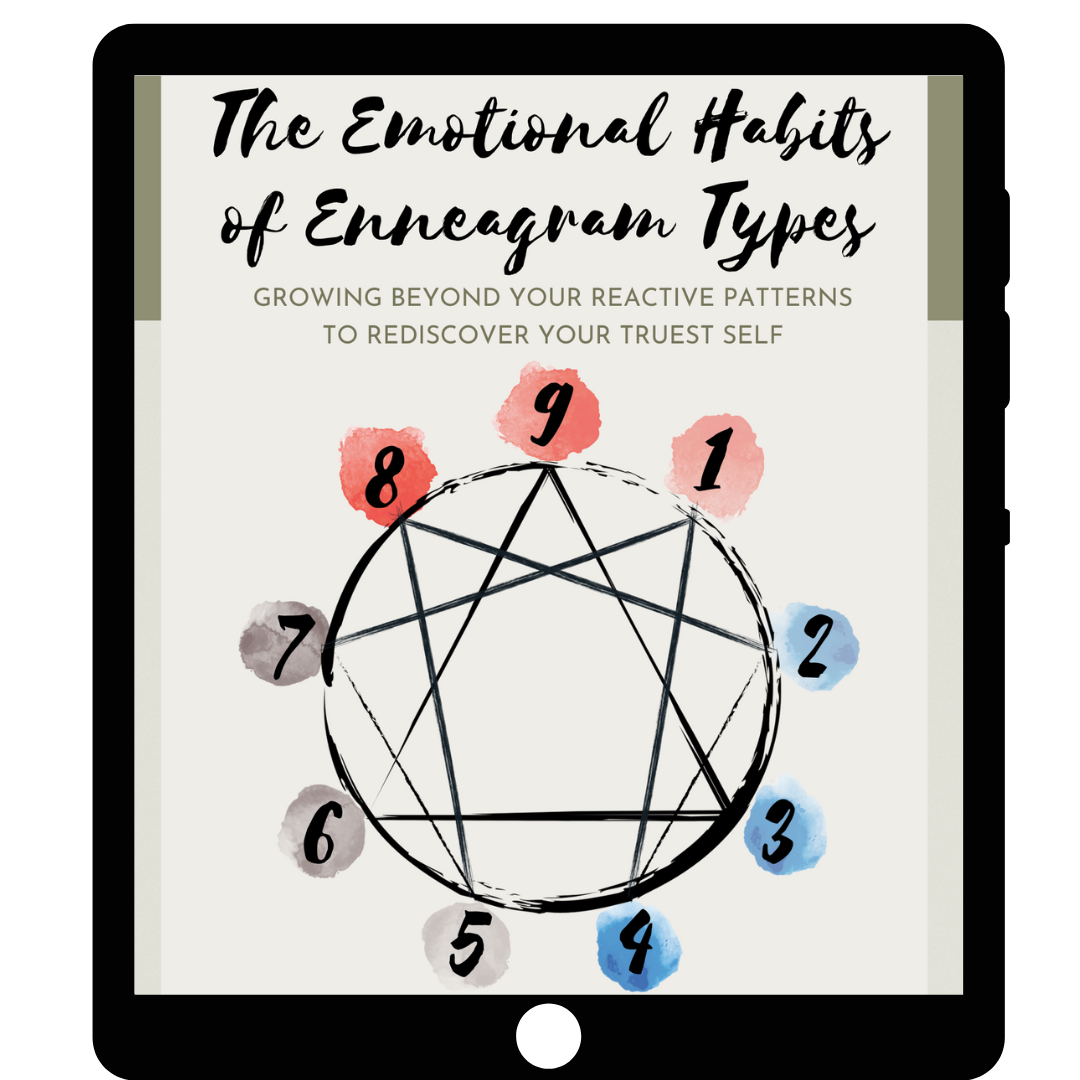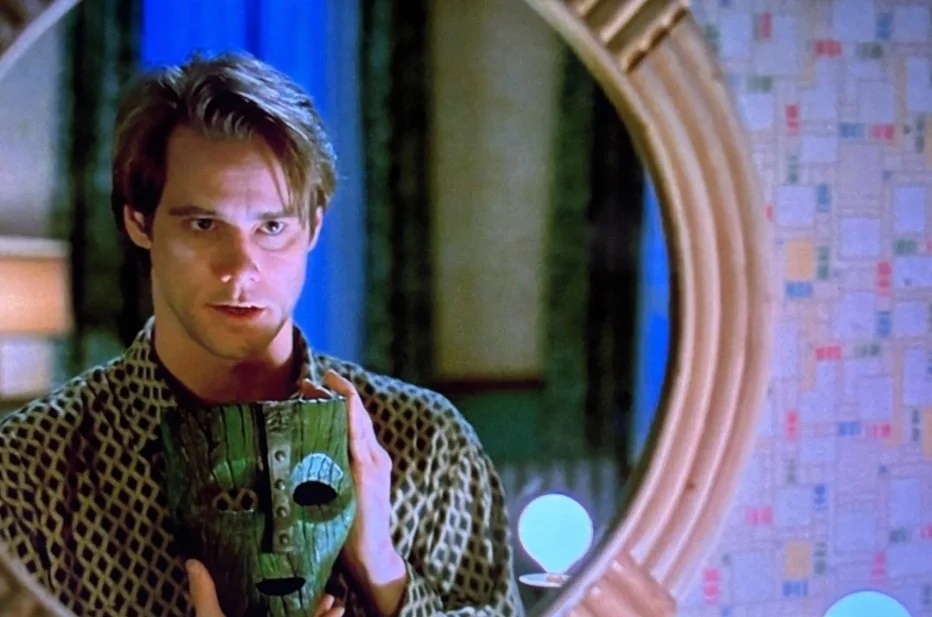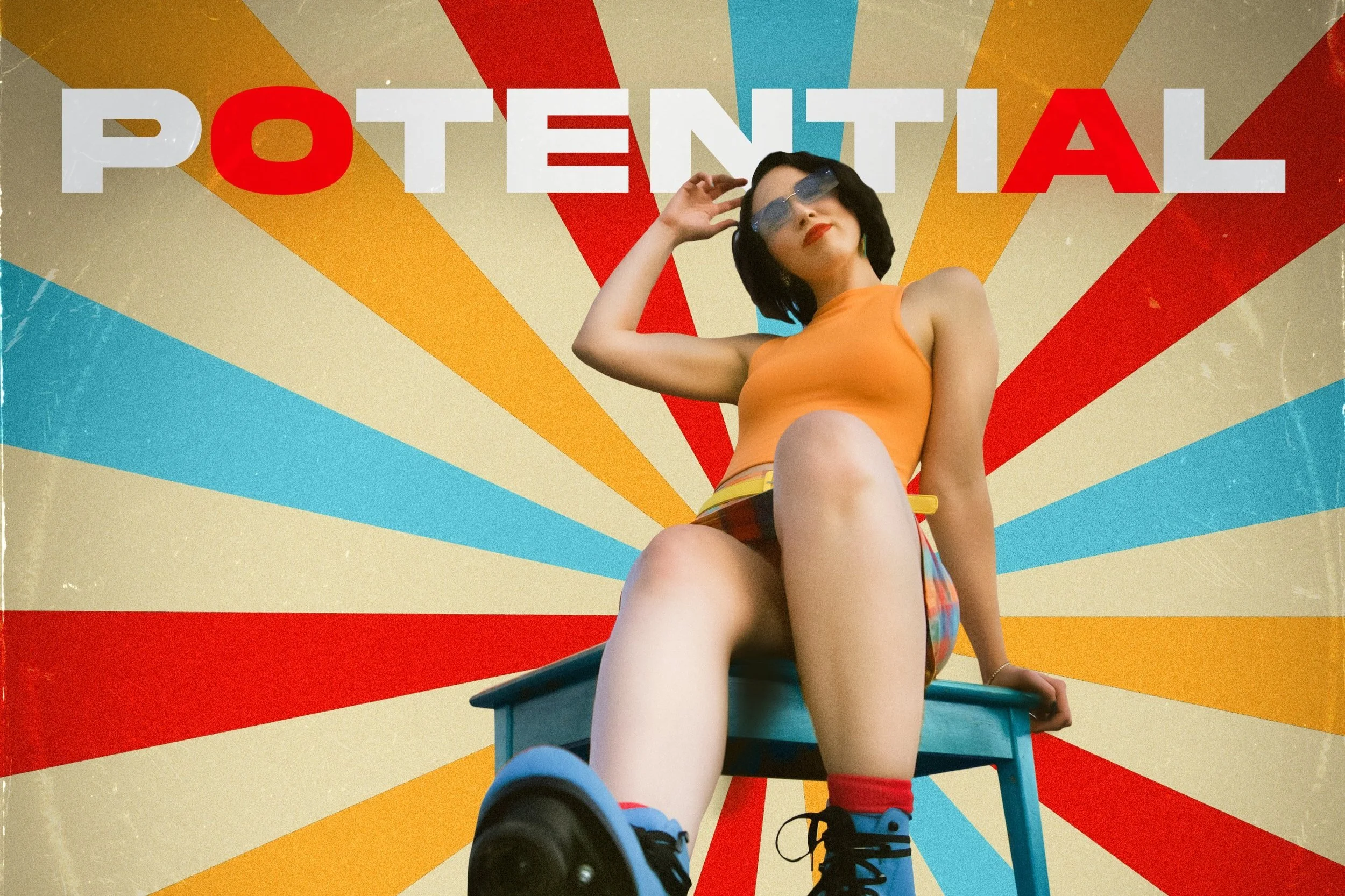Transformation from the Inside Out
As a huge part of my training in becoming an Enneagram therapist, I wanted to work on my own type’s ego patterns through personal inner work.
(If you don't know what the Enneagram is, start here!)
I wanted to do this with my Enneagram teachers - Beatrice Chestnut & Uranio Paes — founders of Chestnut Paes Enneagram Academy — through their Personal Mastery & Professional Certification Tracks.
The Personal Mastery Track involves 3 retreats:
The Experiential Enneagram
The Psychological Enneagram
The Alchemical Enneagram (here are my reflections on this one)
Even though I've completed the Personal Mastery Track, I intend on attending these retreats as as part of my heart cleaning annual tradition.
If you're eager and intentional about personal transformation using the Enneagram, here are 5 reasons why I think you def should consider attending one of their CP Enneagram retreats.
(Btw, I'm not getting paid to say any of this...Just really want for you to see for yourself what this form of transformation is like!)
Reason #1: More than just head knowledge
You can read all the books and watch all the seminars about the various Enneagram types and growth steps, but there's nothing that beats seeing things firsthand and hearing about what each type takes away from the exact same activity or prompt.
You might conceptually know about how Heart Types (Enneagram 2s, 3s, and 4s) are image-oriented shapeshifters, but to visibly see in real time just how they shift their body language, facial expressions, tone of voice, and gestures to get people to like, admire, or understand them...that's a whole 'nother thing.
You might have heard Enneagram 6s be called "The Contrarian" or "Questioner" but might not understand why until you hear a Six say, "But why??" for the fifth time in a single conversation, constantly pushing back against what was said immediately before.
You might know that Body types (Enneagram 8s, 9s, and 1s) exist, but might not know what that really means until you hear them talk about how they respond to a new situation or decision, that they have a sense of "right or wrong" they sense instinctually in their bodies.
Even Enneagram concepts like arrows work or subtypes come to life when you visibly see them played out concretely.
How do the different Enneagram subtypes differ from each other?
What does "taming" the dominant instinct look like?
What about "nurturing" the repressed instinct?
How is the Enneagram symbol itself useful for growth?
Reason #2: Growing in the company of others
For various reasons, so many of us tend to try to heal and grow in isolation. 'Tis an overgeneralization, but this is what I've observed of the following groups:
Heart types (Enneagram 2s, 3s, 4s) tend to feel embarrassed to be exploring their inner pain and struggles in front of others and thus tend to put up an image (or not know who they actually are)
Head types (Enneagram 5s, 6s, 7s) tend to get stuck in their heads or have a hard time connecting with their own or others' emotions
Body types (Enneagram 8s, 9s, 1s) tend to influence (or be influenced) by others
Self-preservation (SP) dominant folks tend to avoid situations where they don't know what to expect
Social (SO) repressed folks tend to be mistrusting of groups
Sexual (SX) dominant folks tend to prefer 1:1 interactions
Because our Enneagram types, subtypes, and instinct sequences reveal how our defense mechanisms (which used to be helpful) eventually create problems, a lot of our present day struggles may arise precisely because of an avoidance of connections with individuals and/or groups. Therefore, reengaging connections might be the very thing to help us get out of our own mess.
We can only heal relationship wounds in relationships. We can't "just get over it" by analyzing, avoiding, ignoring, or controlling relationships.
In these retreats, you're in the company of 20-25 individuals who are there to really do the hard inner work. Inevitably, you'll bump shoulders with SOMEONE in SOME WAY during those 5 days, but might also realize that this is similar to the kinds of struggles you experience in normal life.
Consider these retreats like a safe laboratory where you can:
learn more about your own patterns and reactions
see them happening in real time (so that you might try something different)
gain feedback about your actual impact on others (and compare them to what you assumed about yourself)
receive encouragement or recommendations of what else to try
(For example, one of the other participants might have the same subtype as your mom who is so suffocating...This might be a great chance for you to do some deep healing as you interact with that participant differently than how you would with your mom.)
In normal life, you don't have any guarantees that the people you're bumping shoulders with are safe or well-intending. Precisely because people seek these retreats with the intention of truly growing beyond their respective bullshit patterns, you're in good company. What better place to try doing things differently? Sign up here!
Reason #3: Tuning into the Body Center
There's so much emphasis and bias towards Head Center experiences especially in the Western world. Those already intellectualize and also dampening their emotions or body experiences are often celebrated as "good", "mature", etc., whereas those who tend to be emotionally or energetically driven or outwardly expressive tend to be punished more severely.
In recent decades, there's been more welcoming to the Heart Center experiences, with people like Brene Brown or Susan David becoming household names. It's a great thing that there are more literature and media about Emotional Intelligence, nonviolent communication, empathy, etc. because it balances out the heady ways of life.
However, it's gonna take a long while until the Body Center experiences become just as integrated into society (the yoga & meditative movement is just the tip of the iceberg). Think about it - out of the three Centers of Intelligence (Head, Heart, and Body) how much more difficult is it to describe what exactly a Body type is?
More to come about the Body types, but in a nutshell, here are some contrasting concepts to illustrate different Centers of Intelligence:
Head - thoughts // concepts, security, certainty // fear
Heart - emotions // connections, image // shame/sadness
Body - energy // agency, action, will, justice // anger
CP Enneagram Academy's retreats provide opportunities for you to see firsthand how each of the Centers show up and how you can become more balanced in all three. You'll also witness the nature of energy that is more normal for people who are familiar with Eastern traditions that we don't often see in the Western world.
Reason #4: Collective experiences
In Reason #2 (Growing in the company of others), I talked about the growth experience that comes from literally engaging other people. There is another dimension of this too that deserves its own section.
Another limitation to the Western world is the emphasis on the individual - Life is about ME, MY, MINE, including in personal inner work. There is less of an emphasis on WE, OUR, OURS, much to our detriment. So many of society's ailments (racism, sexism, homophobia, etc.) might have been averted had we been more familiar with having a collective consciousness.
As an Enneagram 4 (which is literally called the Individualist), this has been a huge blind spot of mine. I used to think that as long as I put in the work - if I read the books, attend the workshops, learn more concepts, and do the exercises), I would heal and grow. Only when I learned AMONG others in these retreats did I experience a whole new level of transformation that was impossible for me to attain on my own.
(For example, how can I move beyond my Enneagram 4 shame that says "I'm the ONLY person who struggles with this" until I hear 3-6 other people also say it's their struggle too?)
Discovering collective experiences is one thing...healing collectively is another. When ONE person heals a specific pain, OTHER PEOPLE might also heal in that area by virtue of being present in seeing that happen.
When I connected with and expressed my inner rage in a primal, gutteral scream, a ton of others in the room also unlocked something within themselves.
When I saw one woman (with whom I share very little in common) connecting with her grief in realizing how much time she lost in her reactivity -- I FELT that, too.
What does this mean? When you are present for another person's pain & healing, you might heal yours too (and vice versa). How much time, opportunities, and money could we save by sharing the healing load?
Reason #5: Limits to therapy & coaching
Obviously, as an Enneagram therapist & coach, I have a bias towards these fields. Tons of people across various types experience powerful life-changing transformations through these individualized sessions.
However, here are some of the drawbacks of therapy and coaching sessions.
Hub & Spokes
Sometimes I literally have the same conversation with 4-5 other within a week, with each person feeling like they're the only person who struggles with this or that they're going crazy. The nature of being a therapist is that everyone shares their deepest darkest secrets with me...not knowing that the person from the previous hour might have felt the same. I really wish I could connect y'all to each other!! Alas -- confidentiality is the law of the land.Unidirectional
There's an uneven distribution of vulnerability (and therefore power) between me & my clients. I know WAY more about my clients than they do about me, and that might make some people feel more nervous or embarrassed in sharing things. How much more growth could happen if y'all were to know what I'm processing too so that you know you're not alone or crazy, that I wouldn't judge you bc you know that I know what it's like!Asynchronous
People share what happened AFTER shit already hit the fan or BEFORE an important event (you can prepare for your interview all you want in session, but what will really happen when it's game time?)Expensive
As much as I believe that therapy & coaching is worth it for many people, what if you could get the same degree of work for a lot less? A 50-min session with me is $275...Weekly sessions skipping holidays & vacations might come to $12,000+ per year. A single 5-day retreat where you get SO MUCH processing done (again, also because you're healing vicariously through others' work too) is $1,500-$2,400. I don't know about y'all, but sometimes retreats might make more math sense depending on the topic.
There's def a time and place for therapy or coaching...but DO consider retreats as a great supplemental option for deeper work. Retreats don't replace therapy (in fact, Bea & Uranio would probably encourage some people to seek therapy to continue the work after these retreats), but they can definitely help heal or focus our attention on important areas that we might otherwise wander aimlessly around.
A word of caution
Now before you sign up right away, just some things to consider...
Only consider these retreats if you're NOT currently in any form of crisis (recent breakup, job loss, bereavement, psychiatric emergency, etc.). You might want to wait until your life feels somewhat steady before you dive into the depths.
Especially if you've NEVER done therapy before or come from a conservative religious background - there's a chance that what happens in these retreats might feel so out of left field, so different from your worldview, or so beyond your comfort level that you might feel overwhelmed, confused, or disoriented.
If after one of these retreats you need to process, reach out and let's do a coaching session so you can make more sense of what to do next.
It's totally okay to have lotsa feelings - sometimes that's a sign that a huge blind spot has been illuminated.
Have I convinced you enough about these retreats? Here's the link again if you're intrigued!
What are your Enneagram type's emotional habits?
Grab this free guide that shows you how to grow beyond the patterns that keep you stuck!
Don't know your Enneagram type?
Find yours here!
© Copyright 2023 Joanne B. Kim. All rights reserved.
JOANNE B. KIM, LMFT
Joanne is a Licensed Marriage & Family Therapist and Certified Brainspotting Practitioner in San Jose, CA. She helps people EXHAUSTED by anxiety, shame, and an allergic reaction to anger create VIBRANT relationships where they matter, too.
Many of her clients are:
(1) the highly responsible, conscientious, and empathic types
(2) Enneagram Type Ones, Twos, Fours, or Nines
(3) Highly Sensitive Persons (HSPs)
The most common words spoken by those who’ve sat with Joanne:
“I thought it was just me. I’m NOT crazy!”
“I can finally figure out what to do with all these feelings!”








































Struggling with emotional triggers or intimacy issues in your relationships because you were hurt in the past? Brainspotting is a powerful trauma therapy that helps you release past wounds stored in the body—so you can clearly see and effectively attend to each new person and moment clearly for what it is, instead of what your old trauma ghosts tell you they are.